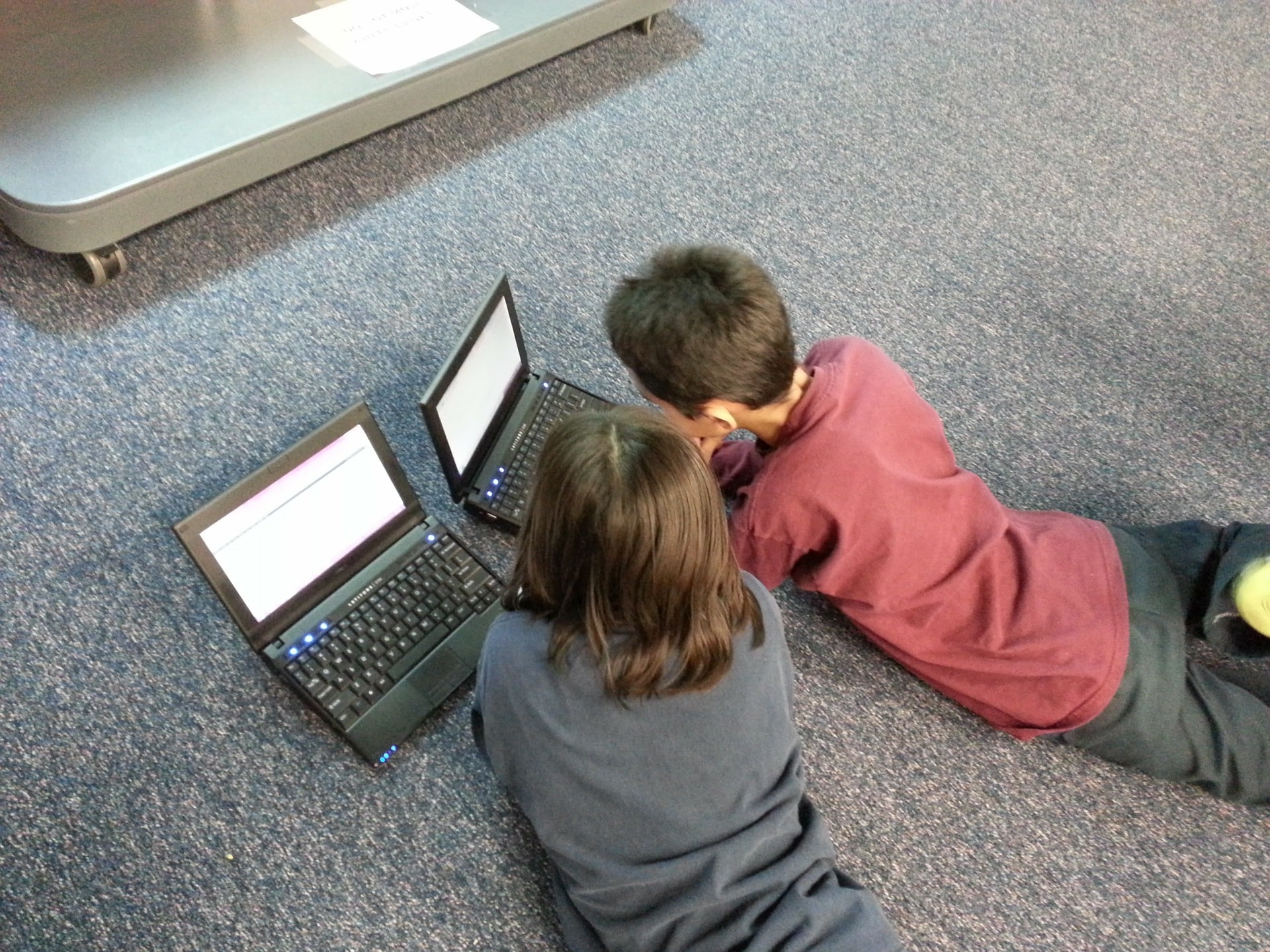Talk to your kids about your expectations for what they do online, including being safe and using common sense.
By: Caroline Knorr, Common Sense Media – Huffington Post
Set a curious kid loose on the internet, and you have a match made in learning heaven. Unfortunately, for every geometry lesson on Khan Academy there are step-by-step instructions for something not just age-inappropriate ― but potentially illegal or dangerous.
While browser settings and parental controls can help keep your kids on appropriate sites, it’s nearly impossible to shield them from every risky thing. But most tweens and teens who look up how to make fireworks, for example, are not reckless enough to try it. Try not to freak out if you find them searching for something iffy. That way, you keep the lines of communication open, and you can better help kids to think critically, ethically, and safely about what they find online.
Here are a few examples of the not-so-nice info kids can easily find, plus some conversation starters. (If you’re really concerned that your kid’s explorations are leading them into dangerous territory, you may need to take more serious action.)
How to Drive You can learn anything on YouTube, even how to operate a vehicle. An eight-year-old boy apparently learned how to drive on YouTube. He then drove his little sister to the McDonald’s drive-thru. It’s not wrong to watch videos on how to drive ― but they should never be attempted without the proper permit and an adult.
You can learn anything on YouTube, even how to operate a vehicle.
How to Do Dangerous Experiments There are plenty of legit science games, sites, and apps that explain how to conduct experiments responsibly using the scientific method. But just as popular are videos that show step-by-step instructions for risky procedures such as “Fire in a Bottle,” “Mentos and Coke,” or an erupting volcano without proper safety procedures. Adding insult to injury ― literally ― are the so-called “fail videos” that show kids getting hurt in the process of doing these experiments. These can all lead to copycat videos where kids post their failures for others’ entertainment.
How to Make Fireworks Fashioning your own fireworks is popular around Fourth of July. If your kids are curious about it, you can find instructions that include all of the necessary safety precautions – including not attempting without an adult present.
How to Vape Not only can you learn how to use an e-cigarette, you can also learn how to do what’s called “vape tricks.” Sort of like blowing smoke rings, vape tricks are done to entertain friends. Vaping videos and pictures of celebrities vaping make it look cool and fun, but it’s obviously an unhealthy habit. Remind your kid that e-cig companies give vapes to celebrities for free so that they can be photographed by the paparazzi.
How to Cheat Cheating instructions take advantage of the internet’s anonymity. If no one can see you copying answers, using other’s work, or even downloading game cheats ― who cares, right? Wrong. Because it’s so easy to do, it’s crucial to talk to your kids about behaving honesty and with integrity ― even when no one can see you.
What you can do:
Talk to your kids about your expectations for what they do online, including being safe and using common sense. Then, ask questions that prompt deeper thinking such as:
- Is it ethical to teach people how to do risky activities online?
- Do you think these lessons are accurate?
- Who’s responsible if someone gets hurt from attempting online instructions? Only the injured party? The original poster? The website?
- What would you do if a friend wanted to do something harmful?
- What are the best conditions for conducting experiments?
- Just because you can find certain information online, should you look for it?
Source: Huffington Post

